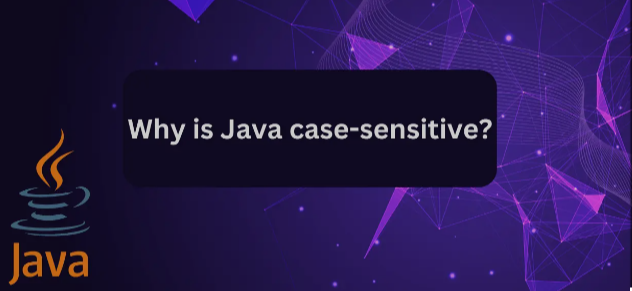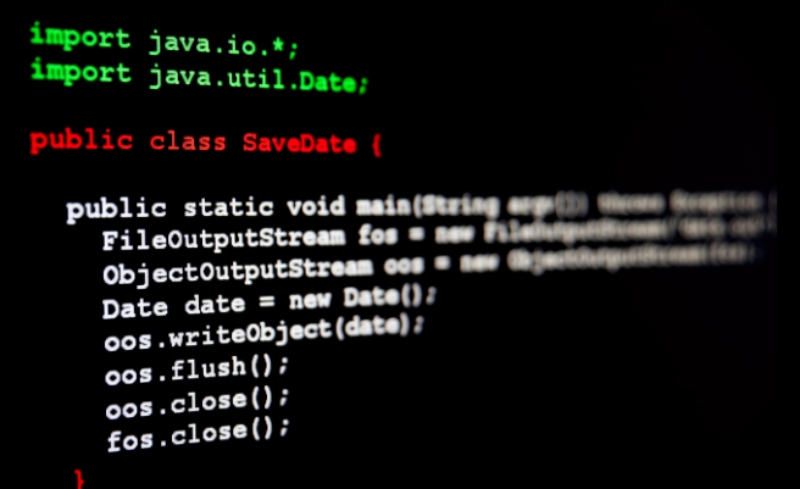
Introduction
When it comes to programming languages, one of the most common questions asked is whether a particular language is case-sensitive or not. In the case of Java, the answer is yes, Java is case-sensitive. This means that the language distinguishes between upper-case and lower-case letters, and this distinction can have an impact on how your Java code runs.
Case-Sensitivity in Java
In Java, the case of a variable name, method name, or any other identifier is significant. This means that two identifiers that differ only in case are considered to be different entities. For example, the following two lines of code create two different variables:
java code
int myVariable = 5;
int myvariable = 10;
While the two variable names are almost identical, they are actually different, and
attempting to use the wrong variable name will result in a compilation error.
Similarly, method names in Java are also case-sensitive. For example, the following code
will not compile:
javaCopy code
public void myMethod() {}
public void MyMethod() {}
Again, while the two method names are very similar, they are actually different, and attempting to use the wrong method name will result in a compilation error.
String Comparisons
When it comes to comparing strings in Java, the case-sensitivity of the language can become particularly important. In Java, the equals() method is used to compare two strings for equality, taking into account both the contents and the case of the strings. For example:
java code
String str1 = "hello";
String str2 = "HELLO";
if (str1.equals(str2)) {
System.out.println("The two strings are equal");
} else {
System.out.println("The two strings are not equal");
}
In this case, the output would be "The two strings are not equal", because the two strings have different cases.
MECE Framework
To cover all the central topics of case-sensitivity in Java, we will use the MECE (Mutually Exclusive, Collectively Exhaustive) framework. The following topics are covered:

Mutually Exclusive
- What is case-sensitivity?
- How does Java handle case-sensitivity?
- What are the implications of case-sensitivity in Java?
Collectively Exhaustive
- Case-sensitivity in Java variables
- Case-sensitivity in Java methods
- Case-sensitivity in Java string comparisons
Conclusion
In conclusion, Java is a case-sensitive programming language, which means that it distinguishes between upper-case and lower-case letters. This distinction can have an impact on how your Java code runs, particularly when it comes to variable and method names, as well as string comparisons. By understanding the implications of case-sensitivity in Java and following best practices for naming conventions and string comparisons, you can ensure that your Java code is consistent and free from errors.`
At PLOVER, we take pride in offering a diverse range of remote work options, and we understand that finding the right job can be a challenging task. That's why all the jobs listed on our platform are verified by us to ensure that they meet our strict criteria. We make sure that each job is remote, pays in USD, and meets our working conditions, so you can focus on finding the best fit for you.
final thought


by Harsh Verma
final thought

